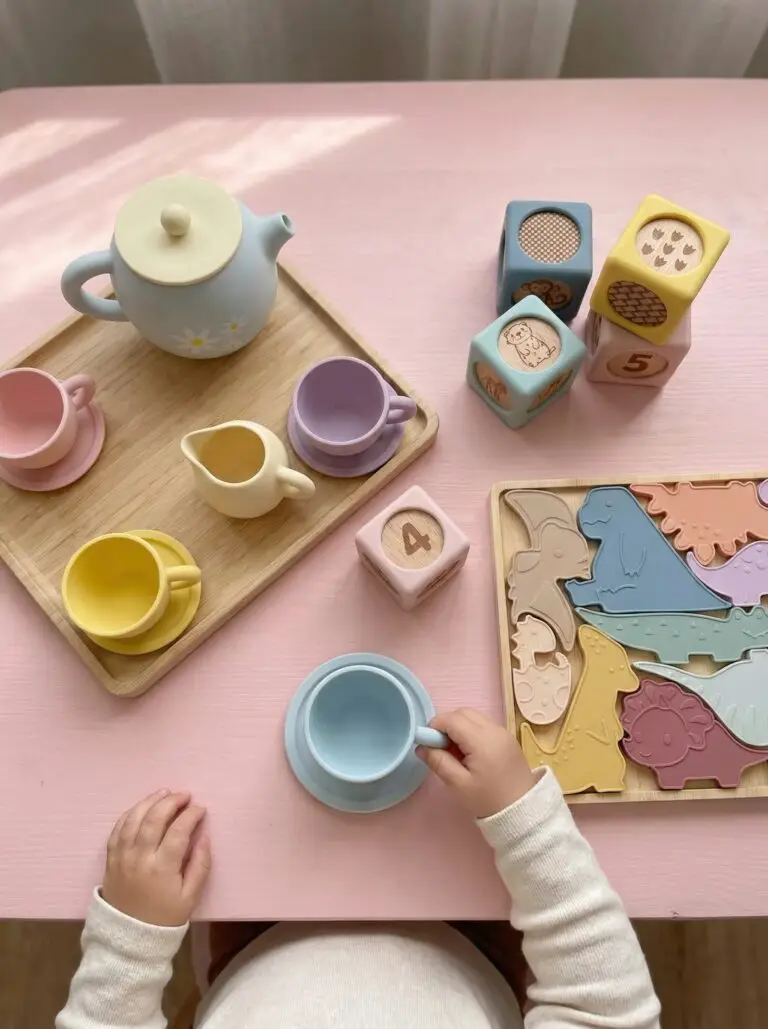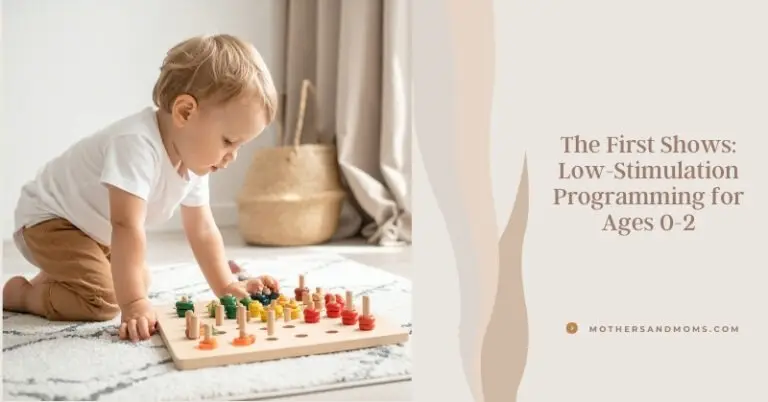
Becoming a mother is a remarkable journey filled with joy, hope, and anticipation. However, for many parents, it’s a path marked by heartache and loss. My name is Bree, and I, too, have experienced the pain of pregnancy loss. In sharing my personal story, I hope to shed light on ways of supporting mothers and fathers who have gone through this incredibly difficult ordeal.
Understanding The Silent Grief of Miscarriage
Miscarriage, the loss of a pregnancy before the 20-week mark, is often a silent and misunderstood grief. It’s an emotional rollercoaster, a whirlwind of pain, sadness, and questions. And yet, it’s a loss that’s not always acknowledged or discussed openly.
- Recognize the Grief
The initial step in supporting someone who has experienced a miscarriage is recognizing the depth of their grief. Moreover, it’s important to understand that this loss is more than the end of a pregnancy; it represents the loss of dreams, hopes, and a future that parents have already started planning. In their grief, parents may experience emotions such as guilt, blame, anger, and confusion, making it vital to be empathetic and patient.
- Listen and Validate
The power of listening cannot be overstated. Be there for the parents who have experienced a miscarriage. Let them share their feelings without judgment or offering solutions. Sometimes, all they need is a listening ear and someone who acknowledges their pain. Remember that it’s okay for them to be sad and to grieve.
- Support Both Parents
While it’s common to focus on the mother’s experience, don’t forget that fathers experience grief too. They may be trying to stay strong for their partner or find it difficult to express their emotions. Encourage fathers to open up, and offer them your support.
Ways of Supporting Mothers and Fathers
Now that you understand the emotional toll of miscarriage, here are some practical ways you can support parents who have gone through this difficult journey:
- Be There
Offer your presence, both physically and emotionally. Make it clear that you’re available to help with daily tasks, provide a shoulder to cry on, or simply be a comforting presence.
- Offer Help
Practical support is crucial during this time. Help with chores, cooking, or childcare, as the couple may need time to heal and process their grief.
- Respect Their Privacy
Respect their wishes when it comes to privacy and disclosure. Some may want to share their experience with others, while others may prefer to keep it to themselves.
- Send a Thoughtful Gesture
Sending flowers, a handwritten note, or a care package can provide comfort and show that you care.
- Check In Regularly
Grief is not a one-time event; it’s a long and winding journey. Continue to check in on the parents, even months after the miscarriage. They may appreciate your support more as time goes on. It can especially be difficult around the lost child’s due date or the miscarriage anniversary.
Resources for Support
Supporting parents who have experienced pregnancy loss can be challenging, but you don’t have to do it alone. Here are some resources to help both you and the grieving parents:
- Pregnancy Loss Support Groups: Encourage parents to join local or online support groups where they can connect with others who have experienced similar losses.
- Therapists and Counselors: Professional help from therapists who specialize in grief and pregnancy loss can be incredibly beneficial.
- Books and Online Resources: There are many books and websites dedicated to understanding and coping with pregnancy loss. Share these resources with parents looking for more information and support.
- Memorial and Remembrance Ideas: Suggest creating a memorial or participating in a remembrance event to honor the lost pregnancy, allowing parents to find closure.
Thank You For Supporting Mothers and Fathers
Experiencing a miscarriage is a painful and deeply personal journey. However, with the right support, it can become a bit easier to bear. Having been through this heartache myself, I strongly encourage you to be a compassionate and understanding friend, family member, or acquaintance. Your support can truly make a world of difference in the healing process for parents who have encountered pregnancy loss. Together, we can help them find solace and hope in the face of unimaginable grief.













